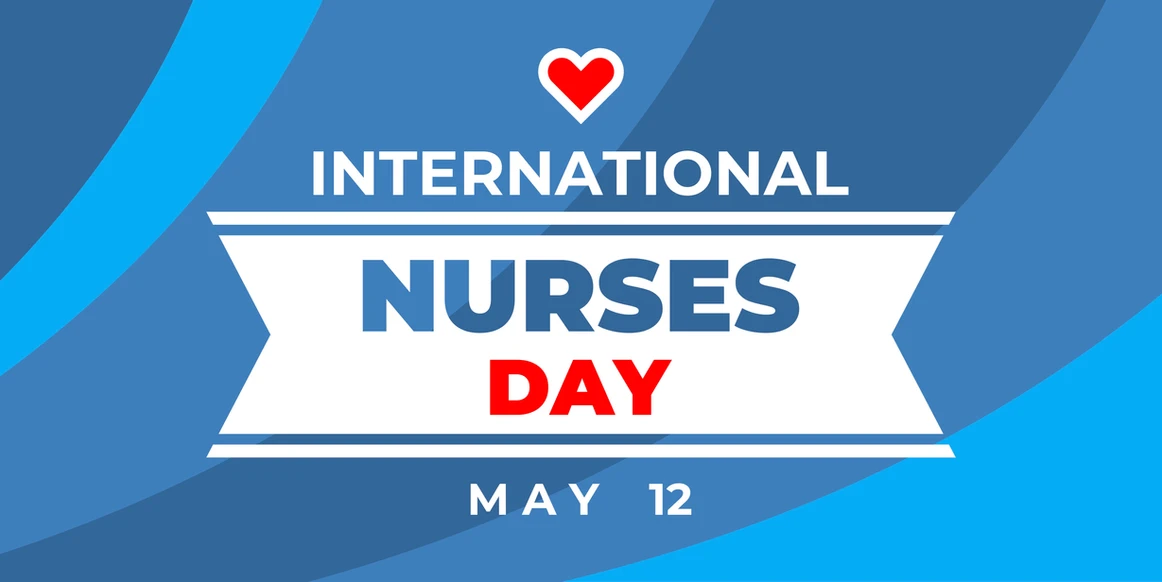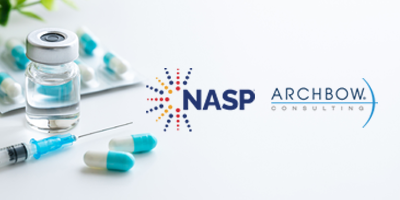Want to Build a Market-Leading Pharmaceutical Patient Support Program? Ask a Nurse.

Want to Build a Market-Leading Pharmaceutical Patient Support Program? Ask a Nurse.
A Q&A with Tina Gafford, RN
In celebration of International Nurses Day, we sat down with Archbow’s Tina Gafford to discuss how her nursing background has benefitted her consulting role, our clients, and ultimately the patients we all serve.
Archbow Consulting (AC): How does your background in nursing impact the work you do for manufacturer clients, now that you work for a pharmaceutical consulting company?
Tina Gafford (TG): Having previously worked in nursing roles where I delivered direct patient care, I have first-hand perspective on the patient experience. That allows me to act as the “voice of the patient” during the strategic program design process, particularly as it relates to adherence. Other professionals in the industry, such as Med Affairs teams, can speak to anticipated side effects and other adoption concerns. However, it is typically someone with a nursing background that can take that information, understand the real impact on patients, and devise effective plans to intervene and engage patients in ways that are most effective in helping patients stay on therapy.
AC: Do you think you look at patient support services differently because of your clinical background?
TG: Absolutely! It’s part of my training to put myself in the shoes of patients and their caregivers to anticipate and meet their needs. That’s not something that can be learned from a distance – it’s knowledge that comes from direct, hands-on experience. Having worked in HCP offices also allows me to understand better the type of support physicians and office staff need and appreciate.
AC: So much effort is focused on the patient when designing support programs. Do you think it’s time to give caregivers the same considerations?
TG: It’s probably well past time; caregivers need much support because a loved one’s disease has significantly impacted their lives. We’re seeing a trend where most programs include at least some support for caregivers, especially across communication and education. Alzheimer’s Disease is an excellent example of a condition where support programs need to have unique approaches for patients and caregivers. Cognitive considerations should modify the language and approach for everything from education to adherence. Pediatric programs are similar in that they should address the needs of parents and patients in different ways.
AC: Adherence is such a critical issue for all stakeholders in the industry. As a nurse, where do you think the most significant opportunities are to positively impact adherence?
TG: Adherence programs have come a long way over my career, but I believe we’ll see them continue to improve. In the past, adherence programs tended to be standard, off-the-shelf solutions with a pre-established call cadence and talking points. Today, we see more customized programs that work to fully assess the unique needs of patients and caregivers before designing support resources. There’s much opportunity to meet a new wave of concerns, including transportation, housing, treatment financial toxicity, method of communication, and more. Successful programs typically allow for adequate time to best understand the patient/caregiver population and provide extensive program training and real-world simulations for front-line staff.
AC: Nurses have been ranked as the #1 Most Trusted Profession for the last 20 years. How can manufacturers better leverage that trust to benefit patients?
TG: Many programs employ nurses for the reasons we’ve discussed here, but they don’t always do a great job of touting those professionals when promoting their program to HCPs. In my experience, HCPs appreciate the added support nurses can provide their patients and are more apt to enroll patients in programs managed by nurses. Additionally, if program nurses have specialized certifications, such as certified oncology nurses, that’s important information to include in program promotional materials.
AC: As a nurse, what do you love most about your work?
TG: There are so many facets of healthcare and so many ways that I’ve been able to help people over my career. I love that I have been able to bring my bedside perspective to the boardroom to make a difference in how manufacturers provide support to their patients.
We want to say a big thank you to Tina and nurses around the globe for the amazing work you do day in and day out. Thank you, nurses!
For additional insights on this topic, you may also enjoy the following:
Archbow Consulting helps pharmaceutical and biotech companies in the USA and Europe design, build, and optimize product distribution and patient access strategies. Archbow was founded by industry veterans to meet a need in the marketplace for consulting options that offer diverse real-world experience, are able to leverage deep connections across the industry, and can also provide actionable strategic guidance. We invite you to learn more about our team, services, and clients’ success, and connect with us via email, LinkedIn or subscribing to this blog which you can do below.
Share in
Recent Posts
Archbow Consulting Strengthens Leadership Team with Key Promotions
Strategic appointments reflect Archbow’s continued growth and commitment to delivering exceptional value to its clients.
Archbow Consulting: A Committed Partner to NASP
As the only national nonprofit organization representing all specialty pharmacy stakeholders, NASP plays a crucial role in advancing the specialty pharmacy field.
ECRM 2025: Key Trends & Opportunities
Uncovering insights in the pharmaceutical industry, including optimizing supply chain solutions and refining market access strategies.
SUBSCRIBE
Subscribe to receive news and updates from Archbow Consulting
|
|


